Many opinions from localities believe that it is necessary to delegate authority and initiative in recruiting and using teachers to education management agencies, instead of the current reality.
Sharing the current state management of teachers in the locality, Mr. Thai Van Thanh, Director of the Nghe An Department of Education and Training, said that every year, based on the school and class development plan approved by the Provincial People's Committee, the Department of Education and Training coordinates with the Department of Home Affairs, based on the number of employees according to the regulations of the Ministry of Education and Training, the allocation quota of the Ministry of Home Affairs and the Central Organization Committee to guide units to develop staff plans. Then, submit to the Provincial People's Committee and the Provincial People's Council for approval and assign staffing quotas to units.
Based on the number of employees and assigned labor contracts, the educational program of each subject, the units determine the need for reception and recruitment and send it to the Department of Home Affairs for appraisal to submit to the Chairman of the Provincial People's Committee for approval of the reception and recruitment plan for teachers for each school year.
According to Mr. Thanh, that reality reveals difficulties and limitations in planning staff development, selection, use, management, training, fostering, evaluation, classification, and implementation of preferential treatment for teachers.
Specifically, according to Mr. Thanh, in addition to the functions and tasks of the Department of Education and Training stipulated in Decree No. 127/2018/ND-CP, the functions and tasks of the Department of Home Affairs are stipulated in Decree No. 37/2014/ND-CP as "personnel management". Therefore, most district-level People's Committees assign the Department of Home Affairs to preside over advising the chairman of the district-level People's Committee in recruiting, receiving, transferring, and appointing teachers.
“This limits the advisory role of the Department of Education and Training in terms of expertise, leading to local surpluses and shortages; the arrangement of staff (quantity, quality, structure) depends on the responsibility of the district-level leader. While the implementation mechanism in each district is different, the conditions of facilities and working environment are also different.”
The Law and Decree documents do not have regulations on transferring civil servants between subordinate units; when transferring civil servants from a surplus unit to a deficient unit, they must be seconded; seconded civil servants receiving salaries from the sending unit have problems when there are differences in policies between units (preferential treatment, region, contributions to obligations at the destination unit...).
The decentralization of management has led to the inability to transfer teachers from one district to another to ensure quantity, quality, and structure; and difficulties in receiving teachers from one district to another, from one province to another to create conditions for teachers to work with peace of mind and rationalize their families," said Mr. Thanh.
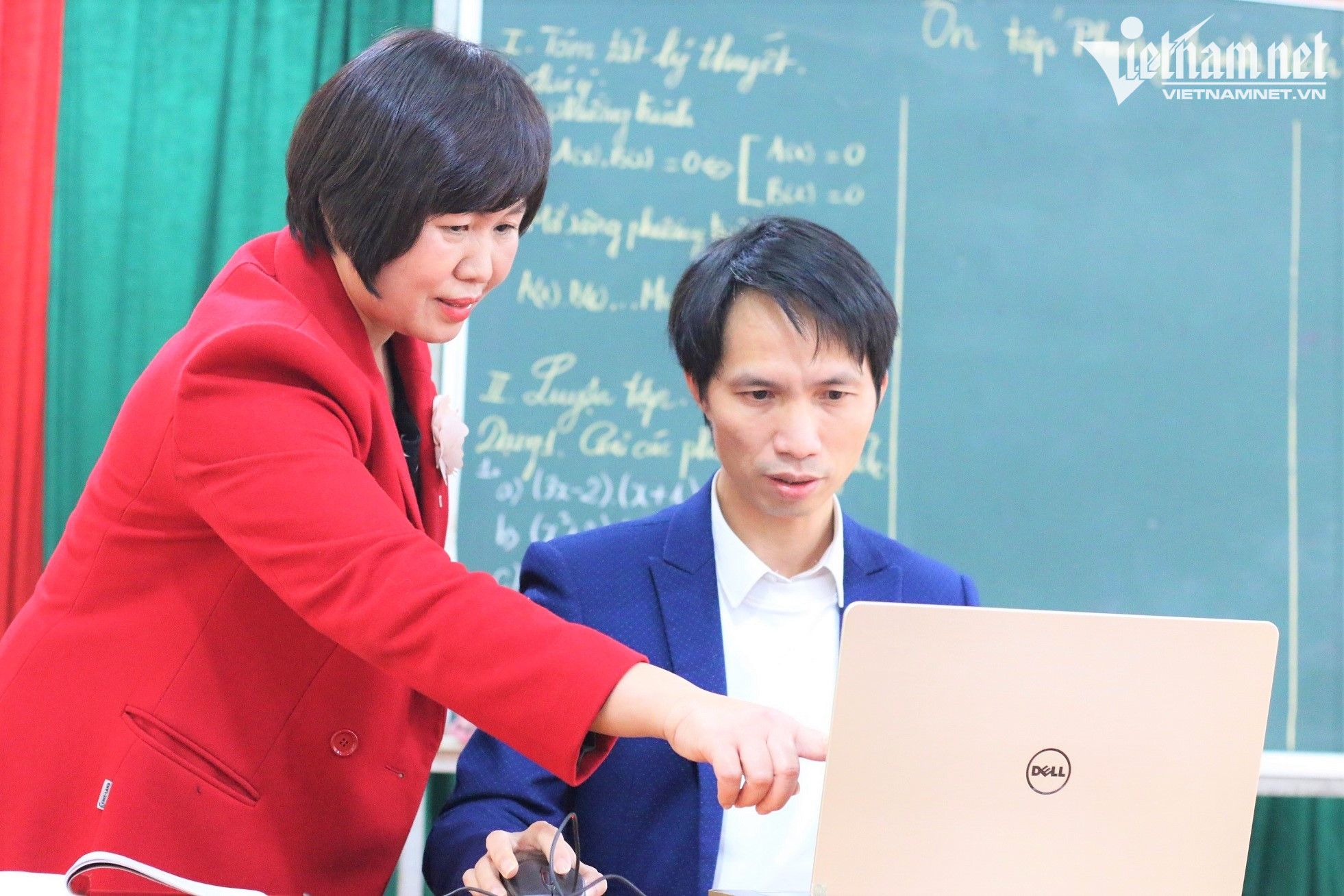
Mr. Thanh proposed that the planning of the teaching staff needs to be consistent and long-term, ensuring the initiative of educational management agencies at all levels. At the same time, the work of recruiting and appointing teachers needs to be innovated.
Regarding recruitment, Mr. Thanh proposed to regulate the content, form and requirements on conditions and recruitment standards specifically for teachers, to ensure suitability with the characteristics of the profession, reduce administrative requirements, and strengthen requirements and assessments of pedagogical capacity.
Regarding recruitment authority, it is necessary to decentralize to educational institutions to conduct recruitment if they meet the requirements. In case they do not meet the requirements, the educational management agency directly managing the educational institution will conduct recruitment.
In order to effectively use teachers, regarding the authority to arrange, assign, and transfer teachers between educational institutions, according to Mr. Thanh, it is necessary to assign responsibility and initiative to educational management agencies at all levels.
Through the reality of local education management, Mr. Vu A Bang - Vice Chairman of Dien Bien Provincial People's Committee also said that the state management of teachers still has some limitations and shortcomings. In particular, the management of payroll still overlaps between the internal affairs and education agencies. The education sector is assigned the total payroll while the recruitment authority belongs to the internal affairs agency.
According to the current decentralization regulations, the Department of Education and Training directly manages the staff of high school teachers in the area, the remaining levels of education are under the functions and tasks of the district-level Department of Education and Training, which is directly managed by the district-level People's Committee. Therefore, the education sector cannot take the initiative in allocating, mobilizing, and arranging the use (recruitment, secondment, etc.) of teacher staff, especially teachers from preschool to secondary school to perform annual tasks.
“For example, a kindergarten in district A lacks teachers for the 2024-2025 school year, but the education sector cannot mobilize or rotate preschool teachers from district B to reinforce; due to the management authority, as well as policies managed by the Department of Education and Training and the People's Committee of district B,” Mr. Bang cited.
Mr. Bang also proposed to consider decentralizing the management of teachers and educational administrators to ensure consistency in recruitment, use, and management from the central to local levels. In particular, the authority to assign the Department of Education and Training to preside over the management of teachers at the provincial level; in case of necessity, regulating teachers nationwide is under the authority of the Ministry of Education and Training.
Giving the education sector the initiative in recruiting and using teachers is also one of the notable new points proposed by the Ministry of Education and Training in the draft Law on Teachers (which will be submitted to the 15th National Assembly for first comments at the 8th Session).

Draft Law on Teachers delegates the right to recruit and employ teachers to the education sector

Benefits for teachers in the draft Law on Teachers

Ministry of Education and Training explains proposal not to publicize information about teachers' violations until there is a conclusion
Source: https://vietnamnet.vn/can-giao-quyen-tuyen-dung-giao-vien-cho-nganh-giao-duc-2340319.html


![[Photo] Prime Minister Pham Minh Chinh receives CEO of Standard Chartered Group](https://vstatic.vietnam.vn/vietnam/resource/IMAGE/2025/4/2/125507ba412d4ebfb091fa7ddb936b3b)



![[Photo] General Secretary To Lam receives Russian Ambassador to Vietnam](https://vstatic.vietnam.vn/vietnam/resource/IMAGE/2025/4/2/b486192404d54058b15165174ea36c4e)
![[Photo] Prime Minister Pham Minh Chinh receives Deputy Prime Minister of the Republic of Belarus Anatoly Sivak](https://vstatic.vietnam.vn/vietnam/resource/IMAGE/2025/4/2/79cdb685820a45868602e2fa576977a0)
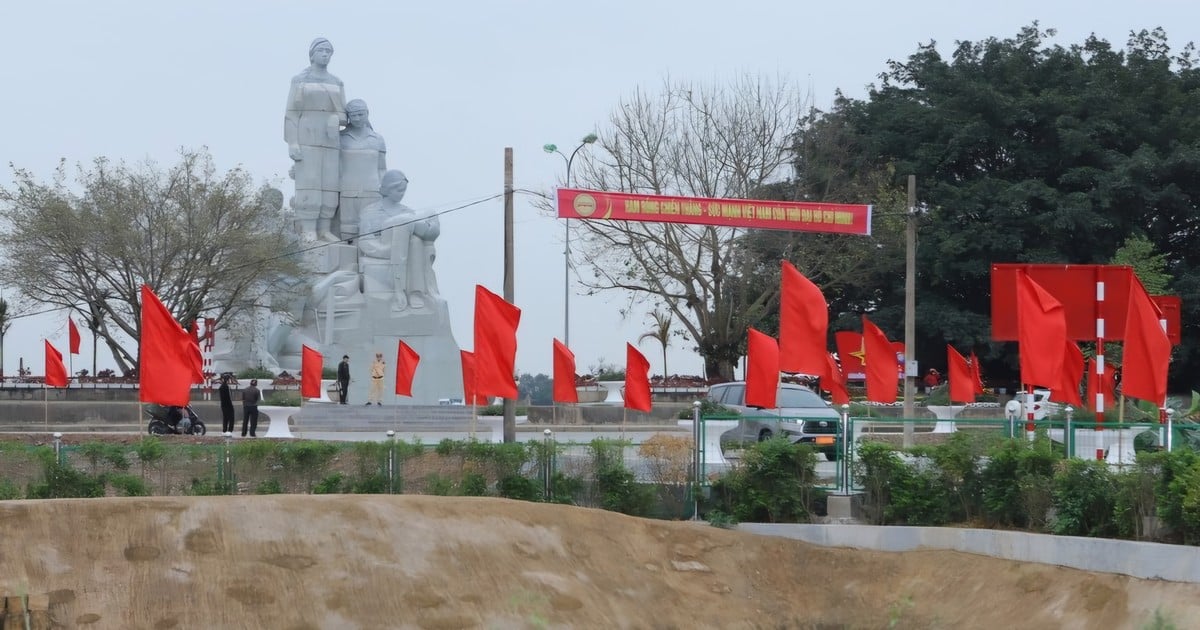

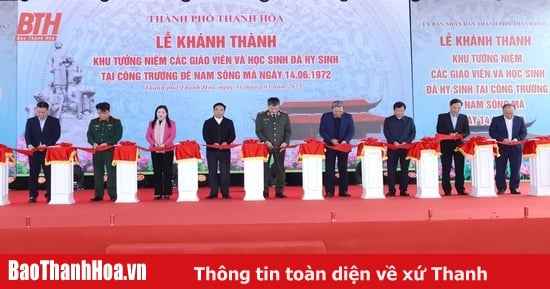

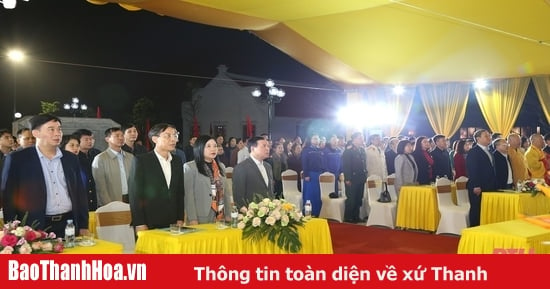
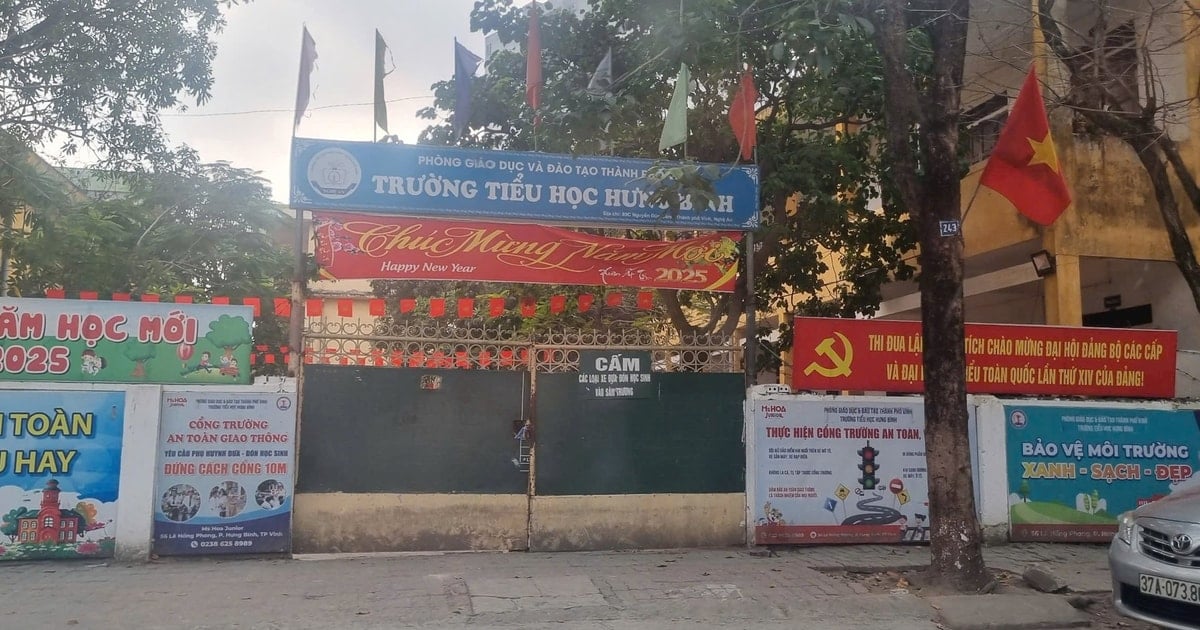

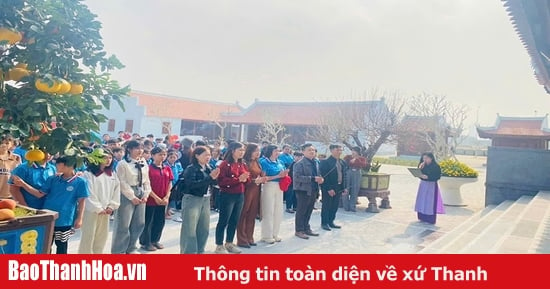



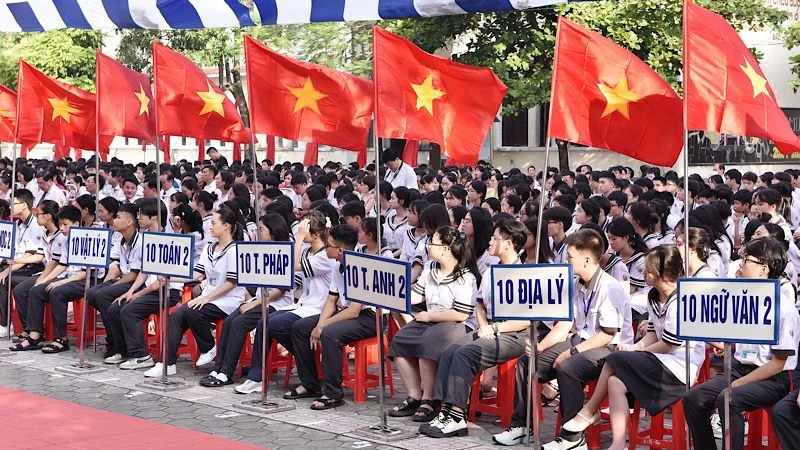
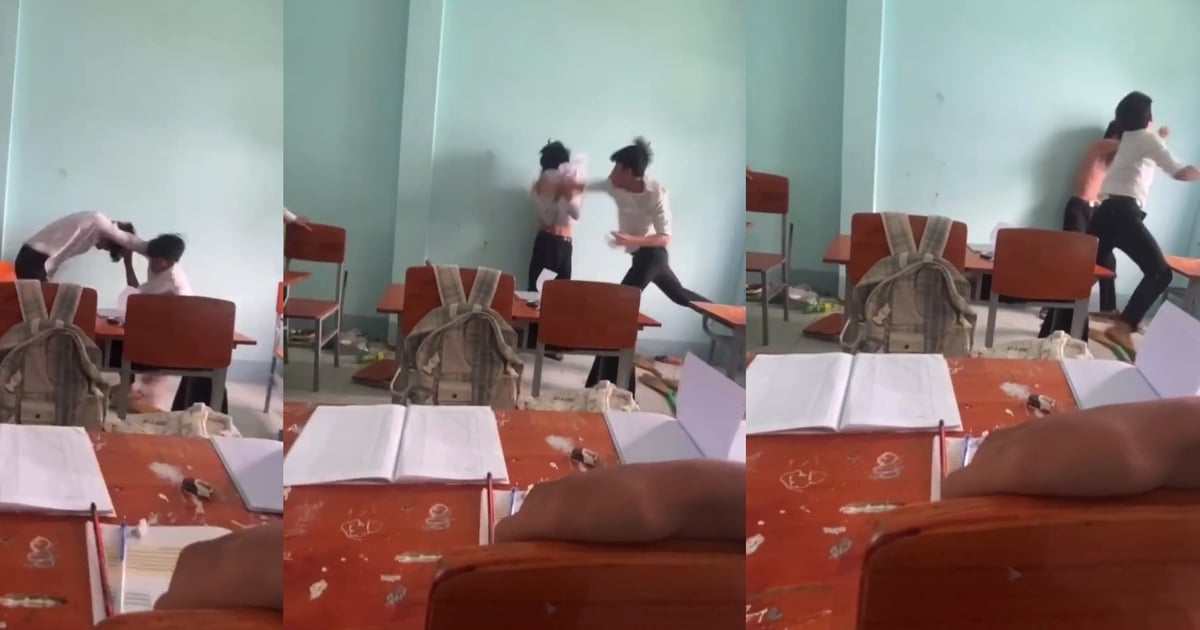
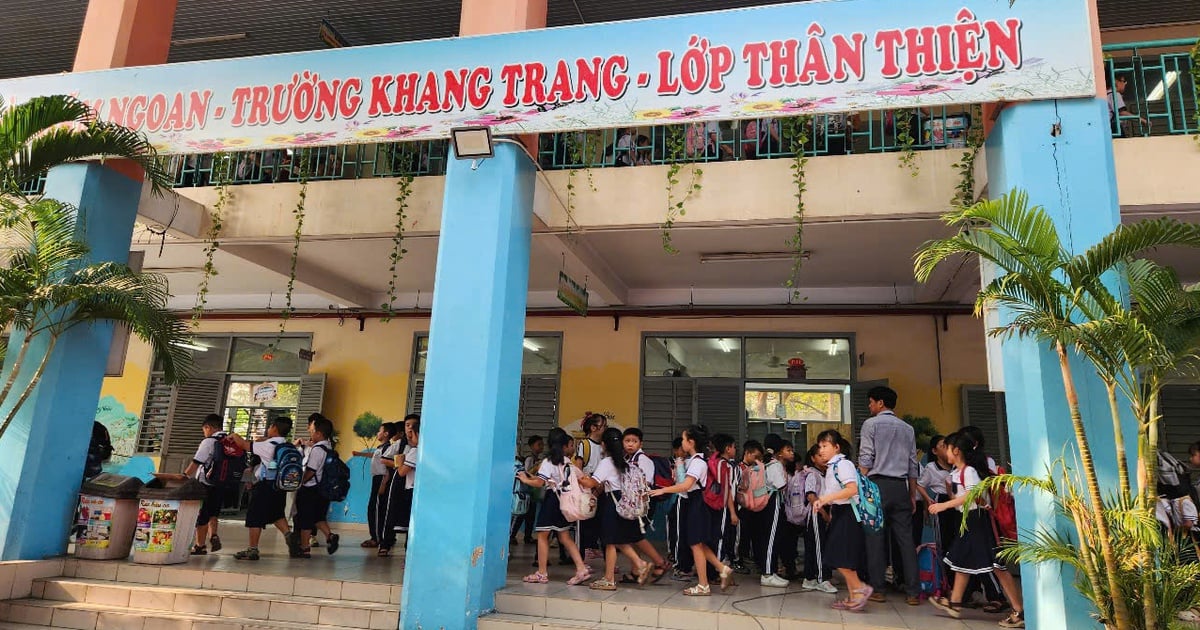
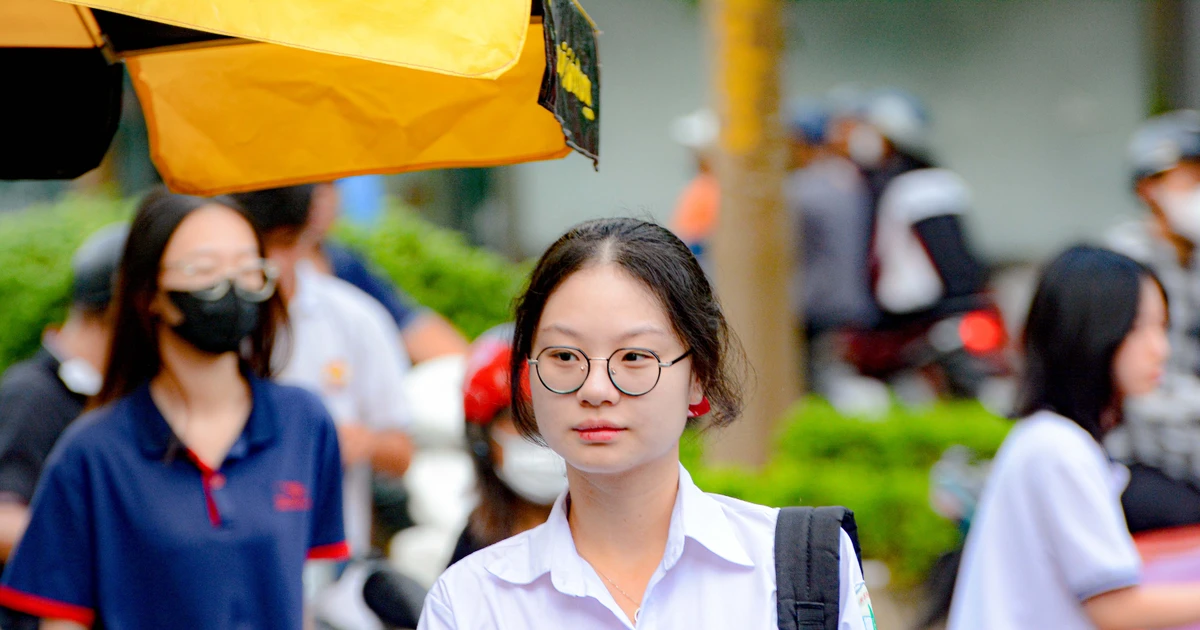






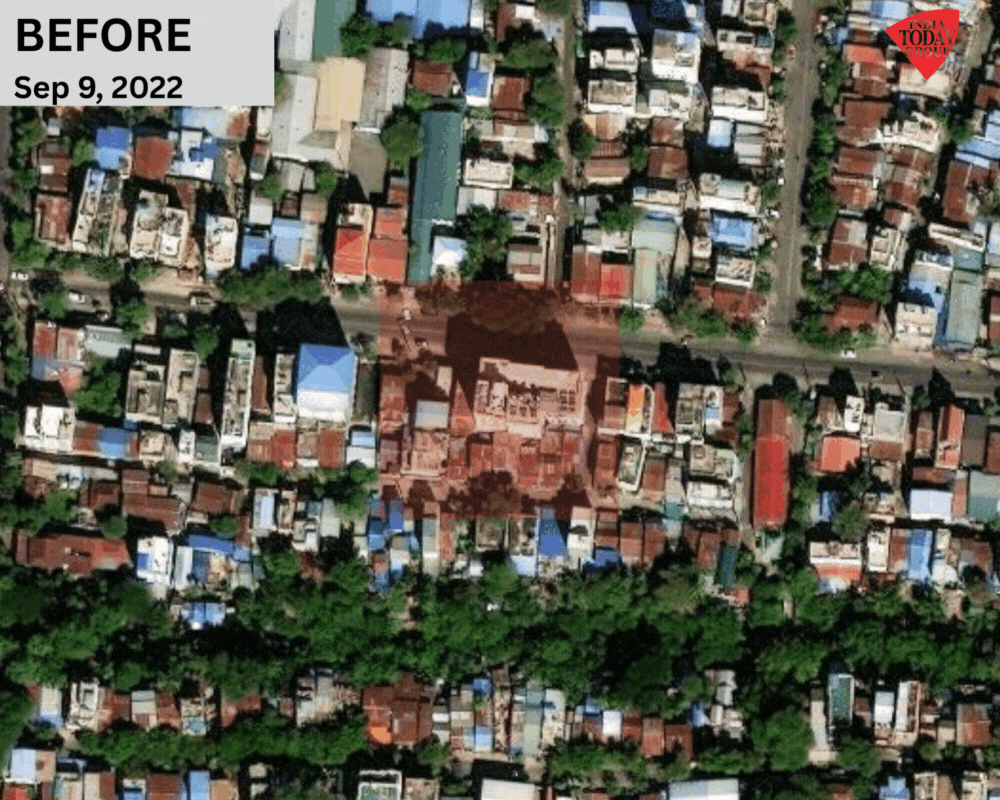
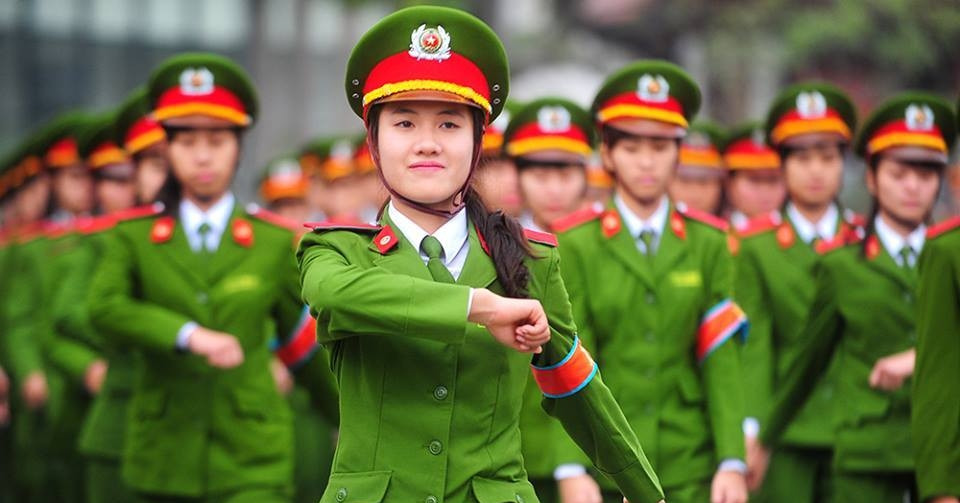













































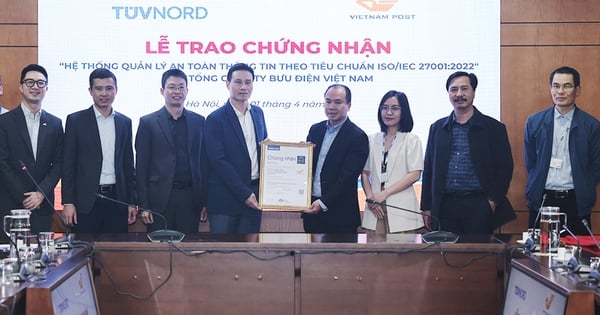

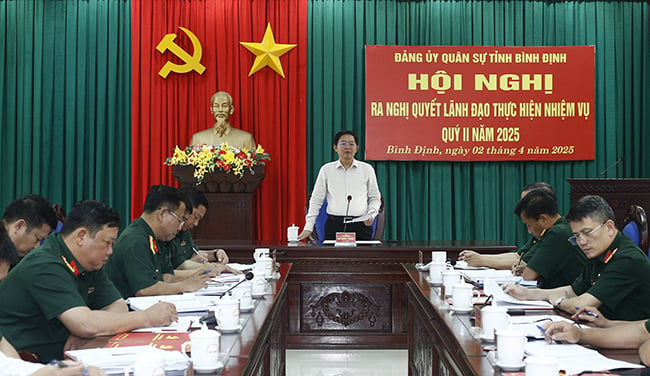



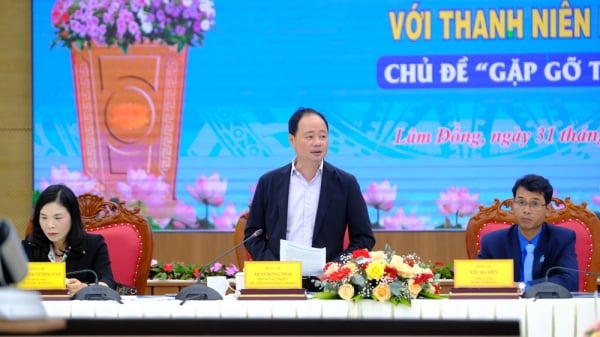

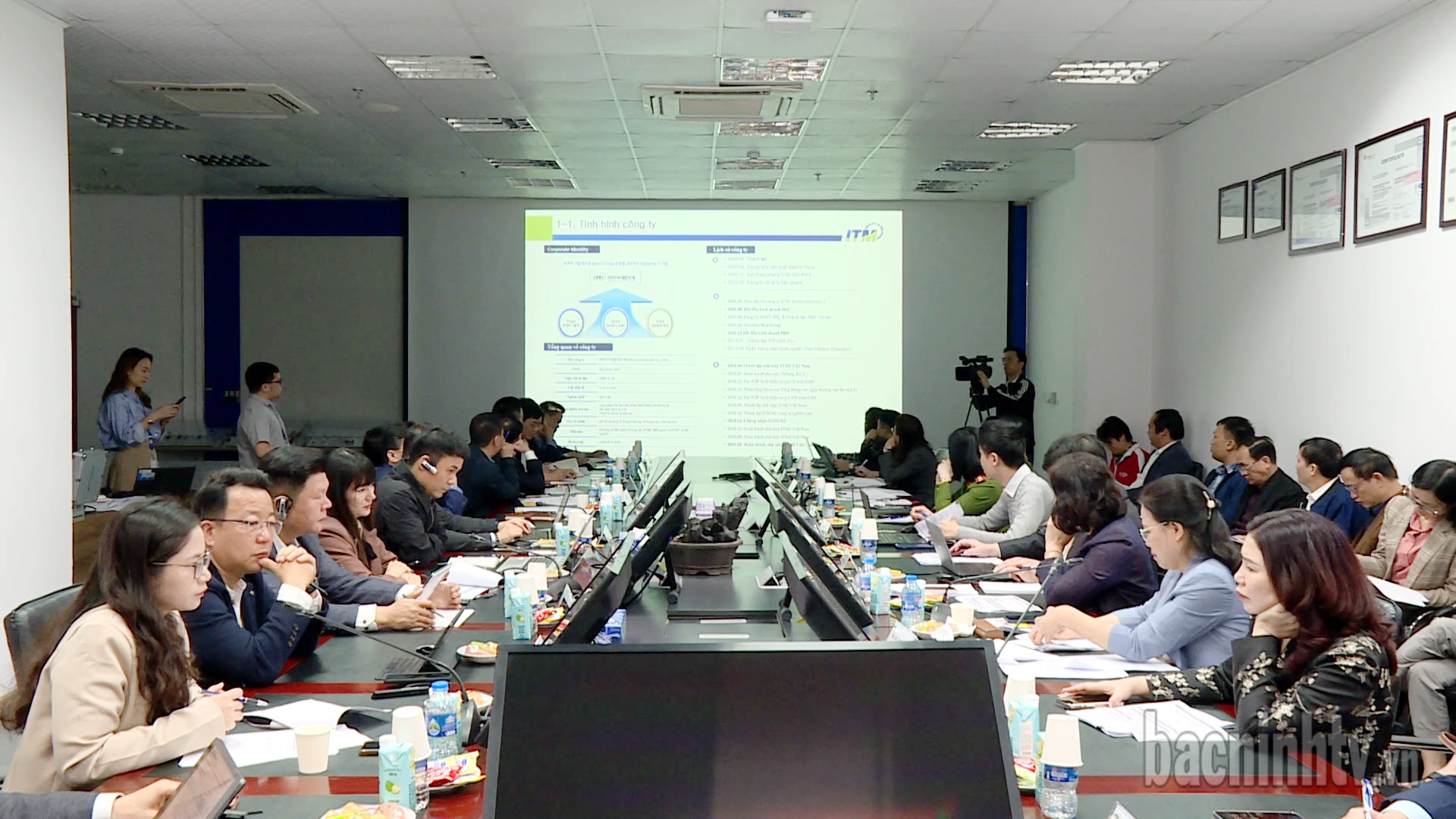












Comment (0)